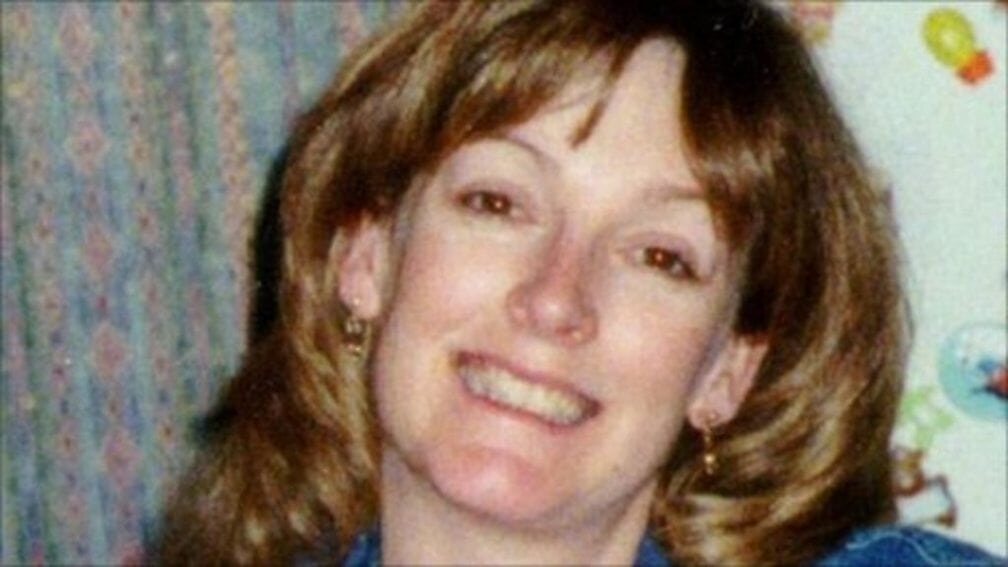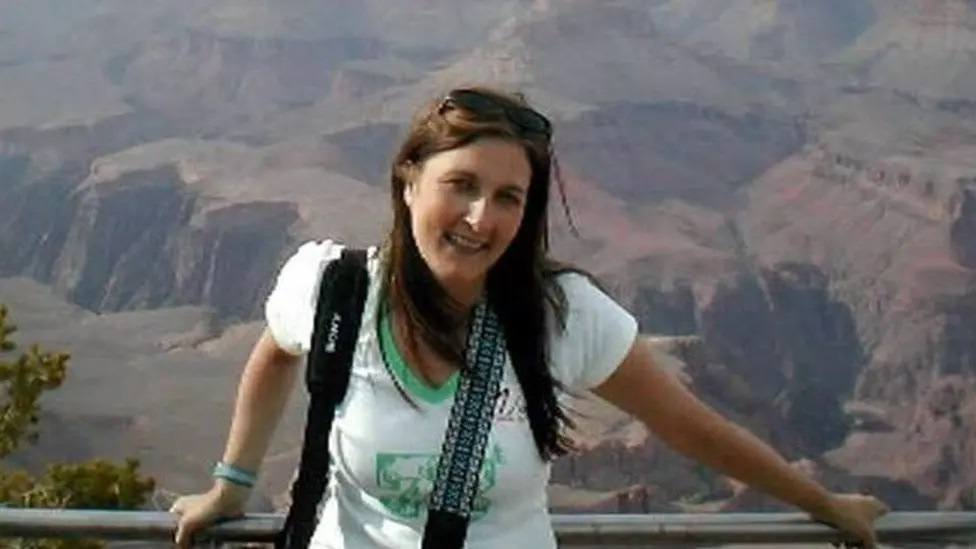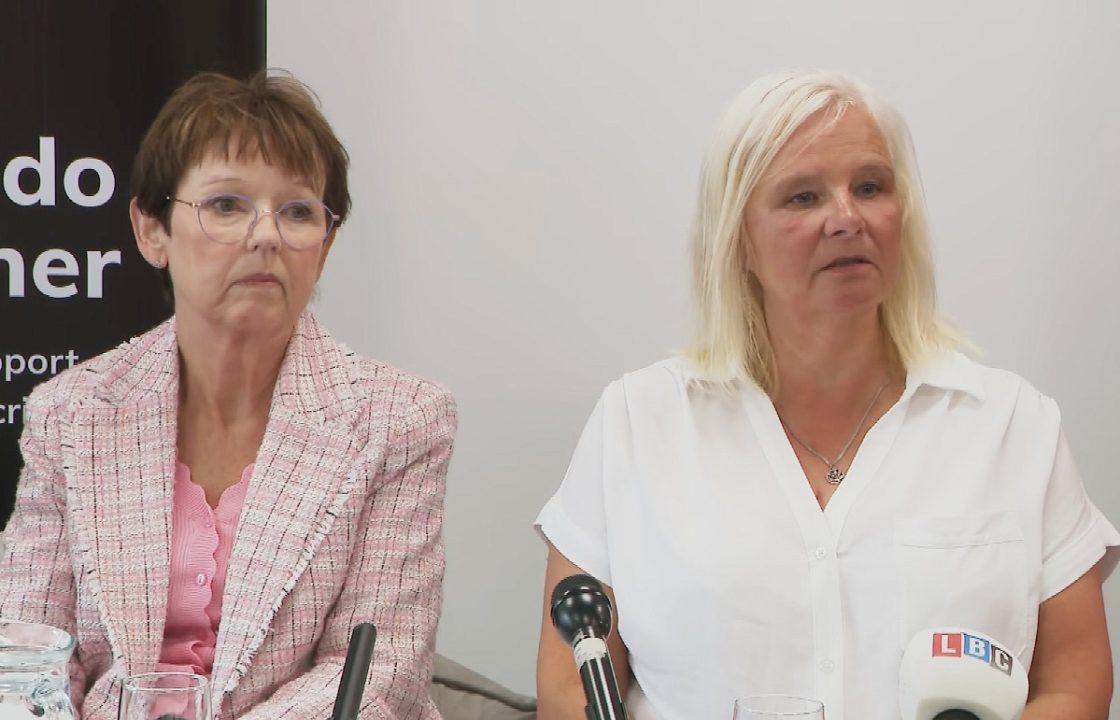The families of two murder victims have said killers should reveal where their victims’ remains are if they are to be given parole.
The bodies of Arlene Fraser and Suzanne Pilley have never been found, and their families say that should be taken into consideration when convicted criminals face the parole board.
A new amendment to the Victims, Witnesses, and Justice Reform Bill, which will be considered by MSPs after the Scottish Parliament reconvenes in September, could make that a reality.
The close relatives of both women had a “very positive” meeting on Wednesday with the Scottish justice secretary, Angela Constance, who reaffirmed her commitment to the amendment being passed as it currently stands.
 Grampian Police
Grampian PoliceThe changes would force independent parole boards to consider whether people convicted of murder have not shared information about the location of their victims’ remains.
“We are relieved that she reaffirmed her support of the amendment and spoke of her commitment for the intent and substantive content of amendment 260 to remain unaltered,” the families of Ms Fraser and Ms Pilley said in a joint statement.
We’d like to thank her for meeting with us and discussing the impact that this change will have.
“We hope that this change in law will provide not only us, but with other families in our position, with a measure of comfort and confidence that they can get the justice that we all so badly deserve.
 Police Scotland
Police Scotland“With the next stage due on return from summer recess, we urge ministers to ensure that this legislation is enacted as soon as possible – we have already been under unimaginable strain and pressure for so many years leading up to this moment.”
Kate Wallace, chief executive of Victim Support Scotland, said the “simple change” to the legislation would “enormous” for victims and their families.
Arlene Fraser’s husband, Nat Fraser, was convicted of murdering his wife after a retrial in 2012, 14 years after her disappearance.
He has never revealed her body’s whereabouts, and Ms Fraser’s family believes he never will. He sister Carole Gilles has described the ordeal as “mental torture”.
“I think I sometimes feel guilty that I had a life,” she said.
“She was only 33, and she was taken. She would have wanted me to live my life, but she has missed out on so much.”
Suzanne Pilley’s former partner, David Gilroy, was sentenced to life in prison with a minimum jail term of 18 years in 2012 for her murder.
Ms Pilley, 38, disappeared on her way to work in Edinburgh in May 2010. Gilroy has never revealed the whereabouts of her body.
Her sister Gail Fairgrieve said: “We are still dealing with this every day. You go into a card shop but can’t buy anything for your sister.
“It’s there constantly and he has information which could put us at ease and bring Suzanne home.
“This ruling means that he is not fully rehabilitated if he is still withholding information; otherwise, life imprisonment means life imprisonment.”
In Scotland, a guilty verdict for murder necessitates a sentence of life imprisonment with a minimum term set before parole can be considered.
Under current legislation, Nat Fraser will be eligible for parole in October 2028, and David Gilroy in March 2030.
Currently, if the panel believes an offender has information about where or how the victim’s remains were disposed of, which they have not disclosed, they “may” take this into account when coming to a final decision.
If the amendment is voted through, the panel “must” consider the offenders’ decision not to disclose the information when they are up for parole.
Ms Wallace said: “While she cannot guarantee it herself, we are pleased that Angela Constance has reassured the family of her steadfast support of the amendment.
“It is a simple change of one word, but the impact on the families who have lost a loved one in this way will be enormous.”
Legislatively, Ms Wallace said the amendment would bring Scotland in line with England and Wales, where Helen’s Law is in place.
It follows successful campaigning by Helen McCourt’s mother following her disappearance in 1988. Ian Simms, a local pub landlord, was convicted of her murder. Her body was never found.
Similar legislation has been proposed in Northern Ireland, named Charlotte’s Law, following the murder of Charlotte Murray. Her former partner, John Miller, was convicted of her murder. Her body was never found.
Follow STV News on WhatsApp
Scan the QR code on your mobile device for all the latest news from around the country





























